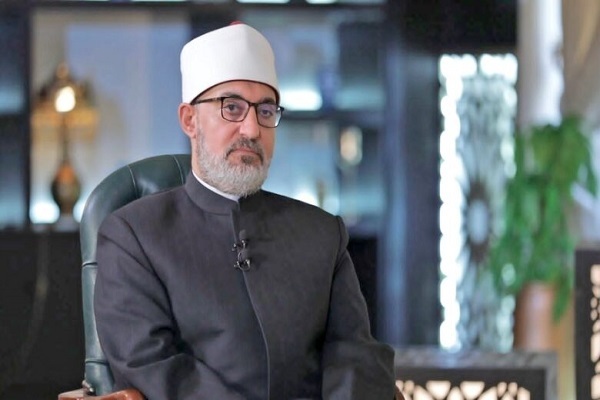Egyptian Mufti’s View on Using AI in Issuing Fatwas


Nazir Mohammed Ayyad, who is also the head of the Secretariat of the Fatwa Headquarters in the World, said in an interview with the Egyptian newspaper Al-Shorouk that the Cairo Document on Artificial Intelligence and Issuing Fatwas has been developed as the first global reference for regulating the use of AI technology in the religious field.
This document is the result of extensive and far-reaching discussions among religious scholars and policymakers, muftis, and technology experts, as well as cooperation between national religious institutions and transnational organizations, he noted.
Fatwas issued by AI cannot replace human fatwas, because a fatwa is not just a textual response or information extracted from a database, he stated.
“Issuing a fatwa is a complex ijtihad process that requires an informed and trained human intellect that is capable of understanding religious texts in light of changing realities, and is able to understand the intentions of the Sharia and weigh the possible consequences of the ruling,” Ayyad stressed. “These are not things that AI can fully encompass.”
According to the cleric, the use of AI technology in the field of fatwa issuance has certain boundaries.
Read More:
This technology can serve as an intelligent assistant to the jurist and mufti, for example, playing a role in collecting information, analyzing questions, and organizing fatwas, but it does not have the authority to issue religious rulings or provide a final fatwa, he said.
Ayyad went on to say that observing these boundaries will preserve the human and moral value of the fatwa issuing process and protect the high status of religious ijtihad from the harm caused by relying solely on technology.
4298839



